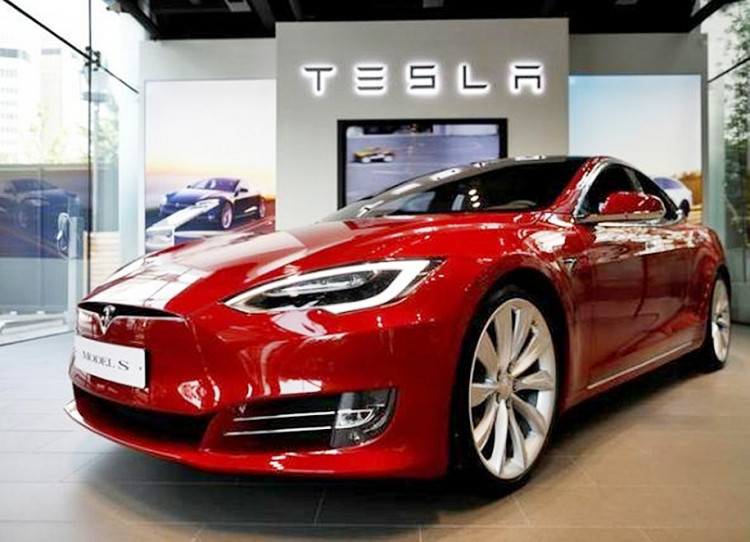Tesla Inc. faltered in sales of its electric cars during this first quarter, dismaying analysts ahead of the company's earnings report.
Tesla said it produced 77,100 electric vehicles in the first quarter ending March 31 and delivered 62,950, which represents a huge 31 percent reduction from the fourth quarter of 2018. This plunge in deliveries is the single largest in the company's history and was the first quarter-to-quarter sales decline in almost two years.
Q1 deliveries consisted of 50,900 Model 3 luxury executive sedans and a combined 12,100 for the Model S and Model X. Analysts were expecting deliveries of 76,000 cars and total production of 64,400 cars.
In its fourth-quarter update to investors, Tesla previously warned the Q1 2019 numbers for the Model S and Model X will likely come in "slightly below" the comparative figures for the same period in 2018. The company produced 24,728 Model S and Model X vehicles in the first quarter of 2018.
Tesla blamed production and distribution problems for the Q1 production results. A huge challenge is delivering cars around the world made in only one factory in California. The implication here is that production will continue to outpace deliveries in the future.
To solve this bottleneck, Tesla is building a factory in Shanghai, China to meet surging Chinese demand.
"We had only delivered half of the entire quarter's numbers by March 21, ten days before the end of the quarter," said Tesla. "This caused a large number of vehicle deliveries to shift to the second quarter."
The company also warned first-quarter income will be "be negatively impacted" because of "lower than expected delivery volumes and several pricing adjustments."
On the other hand, Tesla reaffirmed full-year 2019 guidance of 360,000 to 400,000 vehicle deliveries, which should reassure investors after the Q1 disappointment. More good news: Tesla also said some 10,600 vehicles are in transit to customers, reflecting unexpectedly strong demand in China and Europe toward the end of Q1.
"We do not find this slowdown in U.S. demand to be totally surprising or alarming," said Toni Sacconaghi, Tesla analyst at AllianceBernstein Holding in a research note to investors. He noted that Tesla's most expensive Model 3s accounted for "an extraordinary" 33 percent of all sales of sedans priced between $40,000 and $60,000 in the second half of 2018. The average selling price for a Model 3 sedan, Tesla's most popular vehicle, was $57,000 last year.
He also said the first quarter also reflects demand for Tesla EVs without the full $7,500 federal tax credit to boost demand for energy efficient cars. The credit for Tesla buyers cut to $3,750 beginning Jan. 1.





